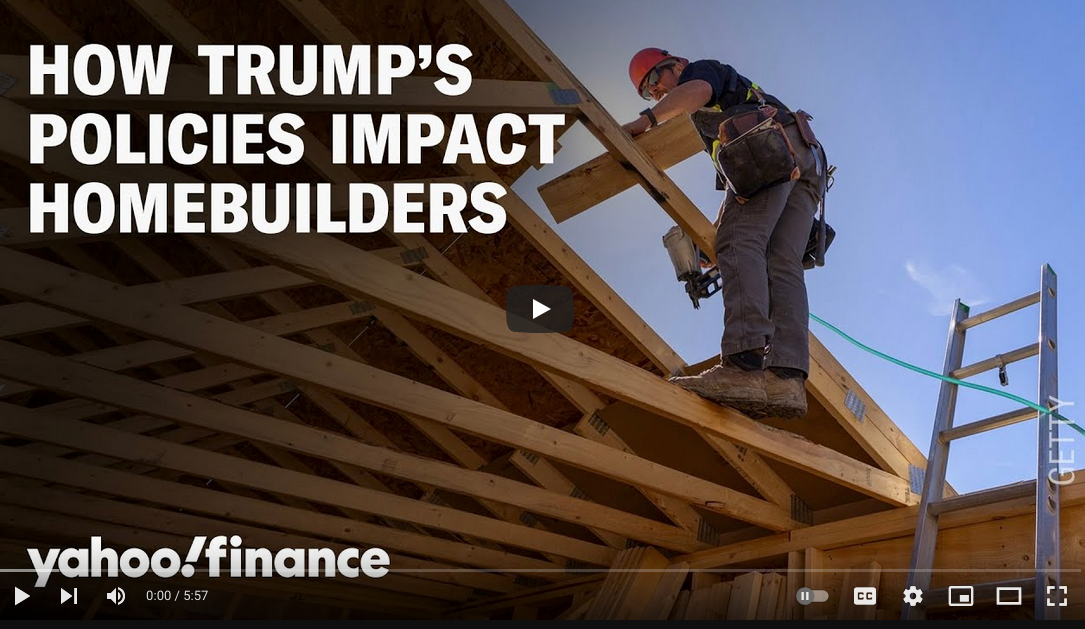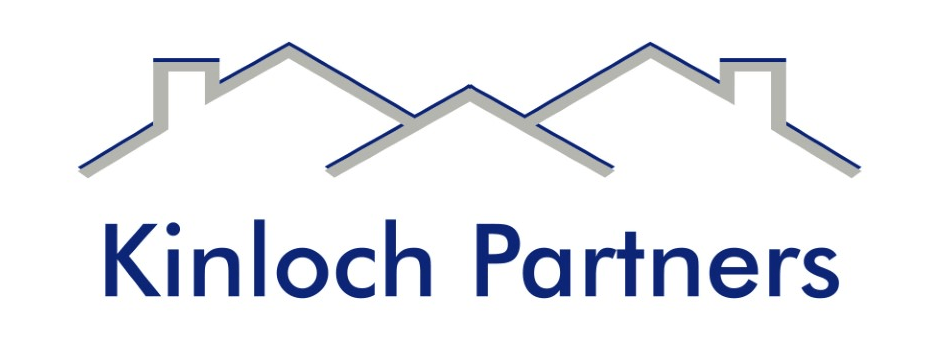Nobody Knows What Will Happen When the Rent Comes Due on April 1
Original Story: https://www.bloomberg.com/amp/news/articles/2020-03-30/nobody-knows-what-will-happen-when-the-rent-comes-due-on-april-1
From landlords to economists to Wall Street traders, a lot of folks are fretting over what’s going to happen on April 1.
That question is hanging over the U.S. real estate industry as $81 billion in rent payments come due. Renters are warning they won’t pay, prompting property owners to have delicate conversations with their lenders. And regulators are racing to keep the wheels of finance turning in the middle of a global health crisis.
Few in the industry are certain how things will play out. Most agree that laid-off renters and shuttered retailers are suffering and that the pain is going to spread as long as the economy is locked down.
“The hardest thing right now is that nobody actually knows how bad it’s going to get,” said Willy Walker, chief executive officer at commercial real estate lender Walker & Dunlop Inc. “That’s driving everybody crazy.”
After a long economic boom in which tight housing inventory gave apartment landlords unprecedented power to raise rents, the shoe is on the other foot as the calendar turns toward April. Many local governments have placed temporary bans on evictions, and there’s a growing sense that even tenants who can afford to pay will skip rent.
Apartment owners collect more than $22 billion in rent in a typical month, roughly a quarter of the total landlords take in across major types of commercial property, according to CoStar Group Inc. In an extreme scenario, more than 25% of the households that rent in the U.S. may need help making payments because of the coronavirus, requiring up to $12 billion a month in government support, according to research from Amherst Holdings.
U.S. Set to Report Millions More Unemployment Claims This Week
Residential landlords aren’t the only ones worried. Retail owners have little leverage, since a quarantine is a bad time to find new tenants. Rental debt typically must be paid eventually, but uncertainty about the economic impact from the virus makes it hard to anticipate when people and businesses will be able to make up missed payments.
“If tenants stop paying rent, then at some point landlords can’t pay utilities,” said Scott Rechler, chief executive officer at RXR Realty, a New York-based owner of offices, apartments, and other properties. “The municipalities don’t get their property taxes or mortgages aren’t paid and the banks get a spike in defaulting loans.”
Across credit markets, regulators are racing to prepare for missed rent to turn into late loan payments. The apartment industry alone has more than $1.5 trillion in outstanding debt, said Dave Borsos, vice president of capital markets at the National Multifamily Housing Council. Last week, the Federal Housing Finance Agency said it would allow apartment owners who financed their properties through Fannie Mae and Freddie Mac to delay mortgage payments.
Real estate investor Tom Barrack argued in a series of tweets on Saturday that offering forbearance on interest owed by real estate owners and mortgage investors is central to providing relief to U.S. businesses – and that the U.S. Treasury could help stabilize debt markets by purchasing certain commercial mortgage backed securities.
American renters, meanwhile, are making their own calculations. Kansas Wade, a 28-year-old recruiter for tech companies in Austin, sent an anxious email to her landlord after social-distancing efforts cost her girlfriend her job as a hairdresser. Their property manager dismissed a request to reduce or defer part of the monthly $1,400 payment, leaving Wade to worry she’ll have to use her credit card to make rent.
While the stimulus package passed by Congress should eventually put cash in the pockets of consumers and make emergency loans available to small business owners, the economic carnage is still unfolding. Jobless claims are spiking, with economists estimating that 3.3 million Americans filed for unemployment last week.
“I’m less worried about April,” said Bruce McNeilage, CEO of Kinloch Partners, which operates single-family rental homes. “I’m more worried about May 1. Once people miss three or four paychecks, that’s when things get bad.”
— With assistance by Noah Buhayar, and Natalie Wong












